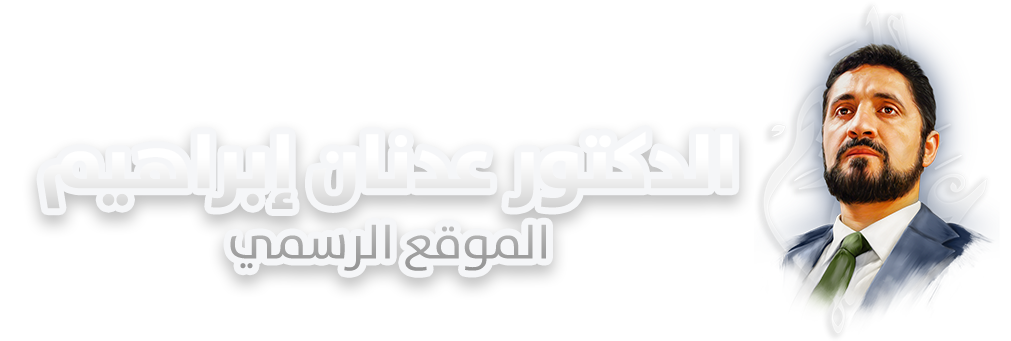Introduction
In a world where ideas constantly compete, one of the greatest dangers humanity faces is the closed mindset that refuses to allow review or criticism. When rigid beliefs become unquestionable, dialogue turns into exclusion, leading to the birth of intellectual tyrannies. These tyrannies do not wear the traditional garb of dictators but derive their power from deeply rooted convictions that become mental prisons, isolating their adherents from new truths. This article analyzes how intellectual tyranny forms and how religion and thought can become tools of oppression instead of beacons of freedom and enlightenment.
Between Possessing the Truth and Refusing to Listen: How “Deaf Ears” Are Formed
Dr. Adnan Ibrahim, in his sermon “Tyrants of Thought,” asserts that the most dangerous enemy of human intellect is the illusion of possessing absolute truth. When a person believes they hold ultimate knowledge, they stop listening and merely reinforce what they already believe, leaving no room for reconsideration. In this state, ignorance is no longer the issue—rather, it is the inability to recognize ignorance.
The Quran alludes to this phenomenon when describing people with “hearts that do not understand, eyes that do not see, and ears that do not hear” (Al-A’raf: 179). True hearing is not just about receiving sound but about comprehension and critical thinking. However, those with closed minds hear only what confirms their preexisting beliefs, rejecting anything that contradicts them, leading to dangerous intellectual stagnation.
When Religion Becomes a Tool of Authority: Exploiting the Sacred to Serve Tyranny
History is filled with examples of religion being used as an instrument of domination and oppression. In the hands of certain rulers, religion becomes a justification for injustice, portraying the tyrant as God’s shadow on earth and reinforcing an image of a wrathful deity who demands blind obedience.
Dr. Adnan Ibrahim highlights that some distorted religious concepts have been propagated to serve tyrants, presenting God as a capricious being who blesses some arbitrarily while punishing others for trivial reasons. This depiction has little to do with the just and merciful God described in scripture but is instead tailored to justify the actions of oppressive rulers.
Is God a Reflection of the Ruler? The Distortion of the Divine Image
A critical question arises: Has the concept of God been distorted to mirror that of a tyrannical ruler? Throughout history, God has been depicted in ways that align with the actions of oppressive leaders, where divine wrath is said to extend to the “seventh generation,” much like collective punishments issued by authoritarian regimes.
In contrast, true Islam presents God as a just and fair judge who weighs deeds with precision. The problem, however, lies in religious discourse that manipulates this image, aligning God with tyranny instead of justice and mercy.
Exclusion and Takfir: Why Does Intellectual Tyranny Flourish?
One of the most dangerous tools used by “intellectual tyrants” is the weapon of excommunication and exclusion. When differing opinions become grounds for accusations of heresy or treason, thought itself transforms into an instrument of oppression as brutal as any physical weapon.
This mentality creates a climate of fear, where people refrain from critical thinking to avoid persecution. Instead of serving as a path to truth, discourse turns into a battle for survival within an ideological safe zone where prevailing beliefs are accepted without question.
Mobilization Instead of Persuasion: How Intellectual Hierarchies Are Built
Dr. Adnan Ibrahim points out a critical distinction between genuine advocacy based on persuasion and mere mobilization that fosters herd mentality. In societies dominated by intellectual tyrants, people are not treated as individuals with independent minds but as followers who must obey without debate.
This type of thinking leads to the formation of intellectual hierarchies, where “thinkers” sit at the top while the masses exist at the bottom, absorbing ideas without being given the chance to engage in independent thought. Such a structure perpetuates tyranny indefinitely, making meaningful change impossible.
Islam Between Universality and Isolation: What Kind of Discourse Do We Need?
The article raises an essential question: How can Islam regain its status as a universal faith when it is often presented in ways that repel rather than attract people?
Dr. Adnan Ibrahim notes that the groups most successful in spreading Islam globally, such as “The Tablighi Jamaat,” have done so through simple and ethical means—focusing on good conduct rather than imposing beliefs by force. This demonstrates that what Islam needs today is not more prohibitions and excommunications but a humanistic discourse that highlights the mercy and justice at the core of its message.
Conclusion: How Do We Break the Cycle of Intellectual Tyranny?
The only way to combat intellectual tyrannies is by fostering a culture of critical thinking and valuing intellectual freedom. We must liberate religion and thought from the grip of exclusionists and restore the idea that truth is not owned by anyone but is a continuous journey of inquiry and dialogue.
When individuals free themselves from the prison of rigid ideas, they can see the world through fresh eyes, transforming thought into a realm of freedom rather than a fortified prison preventing them from exploring wider horizons.













































أضف تعليق